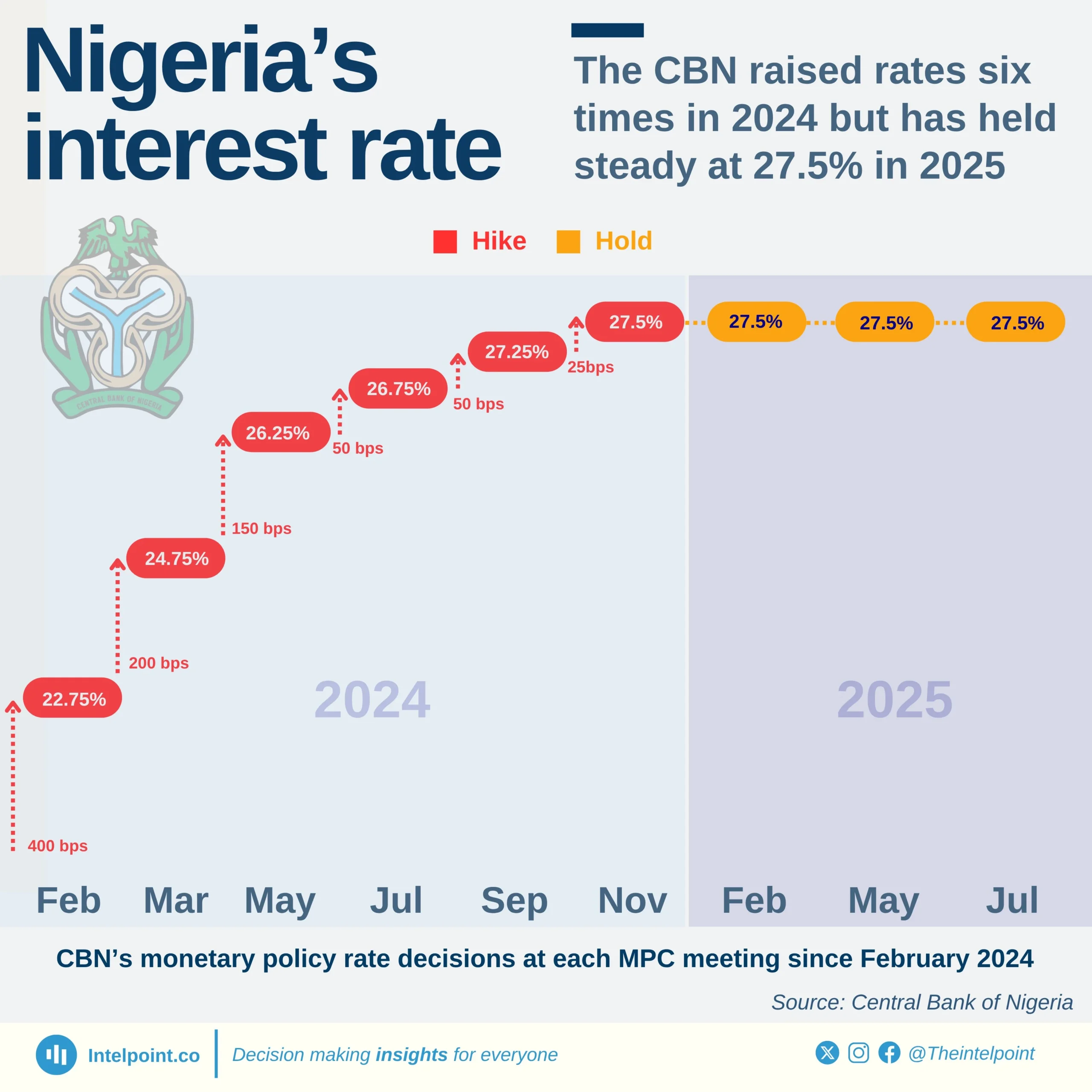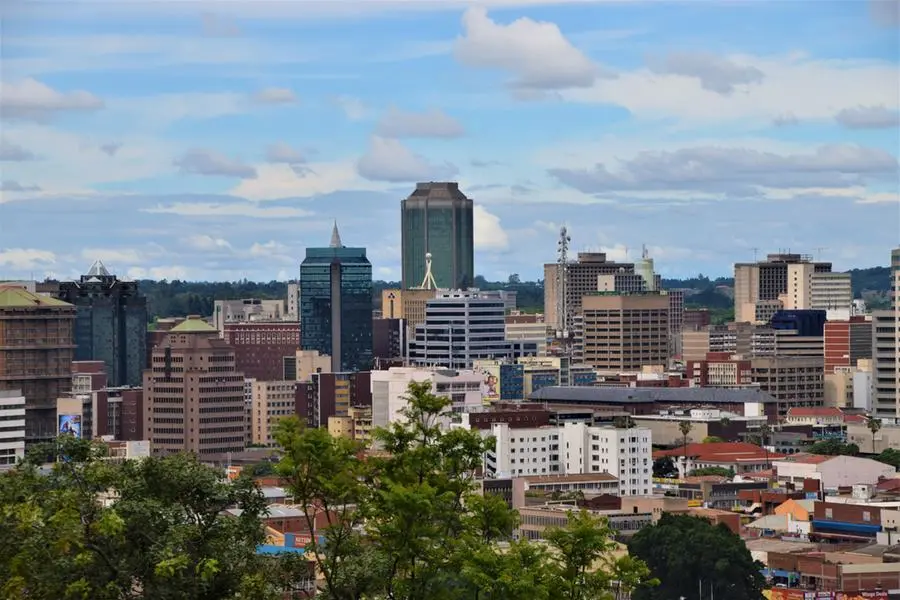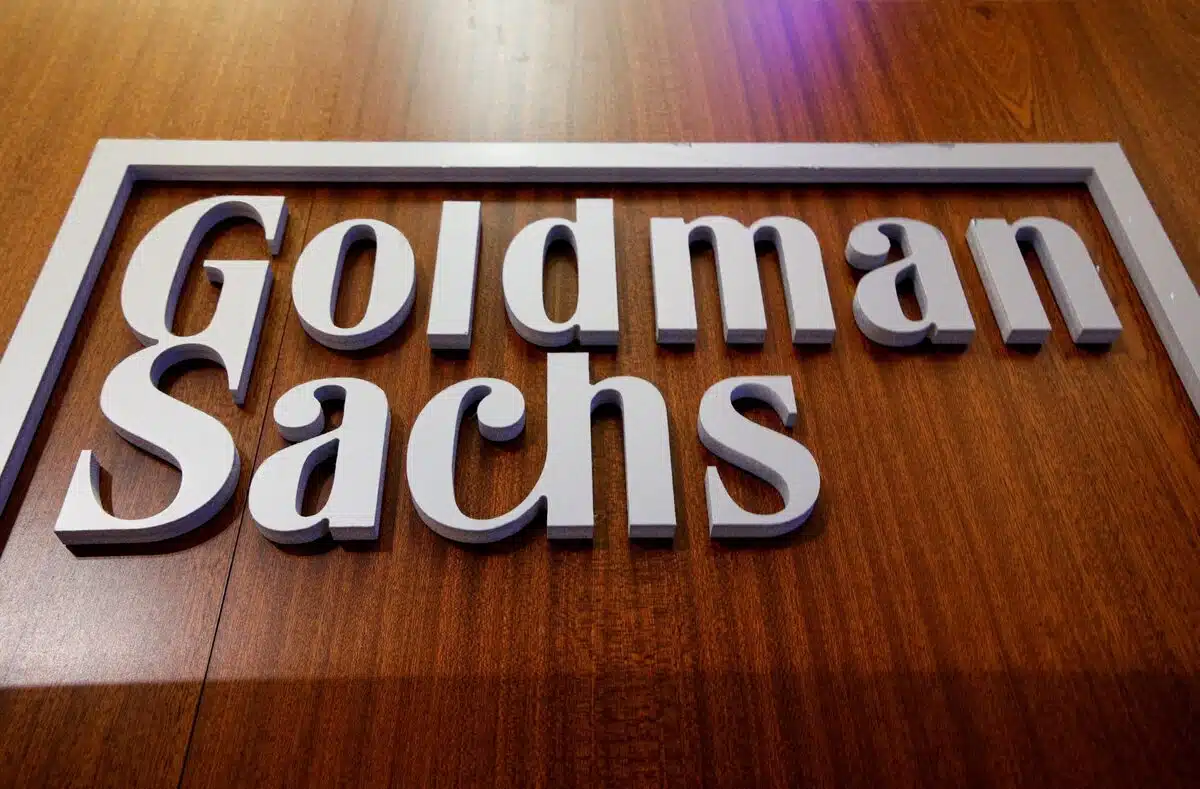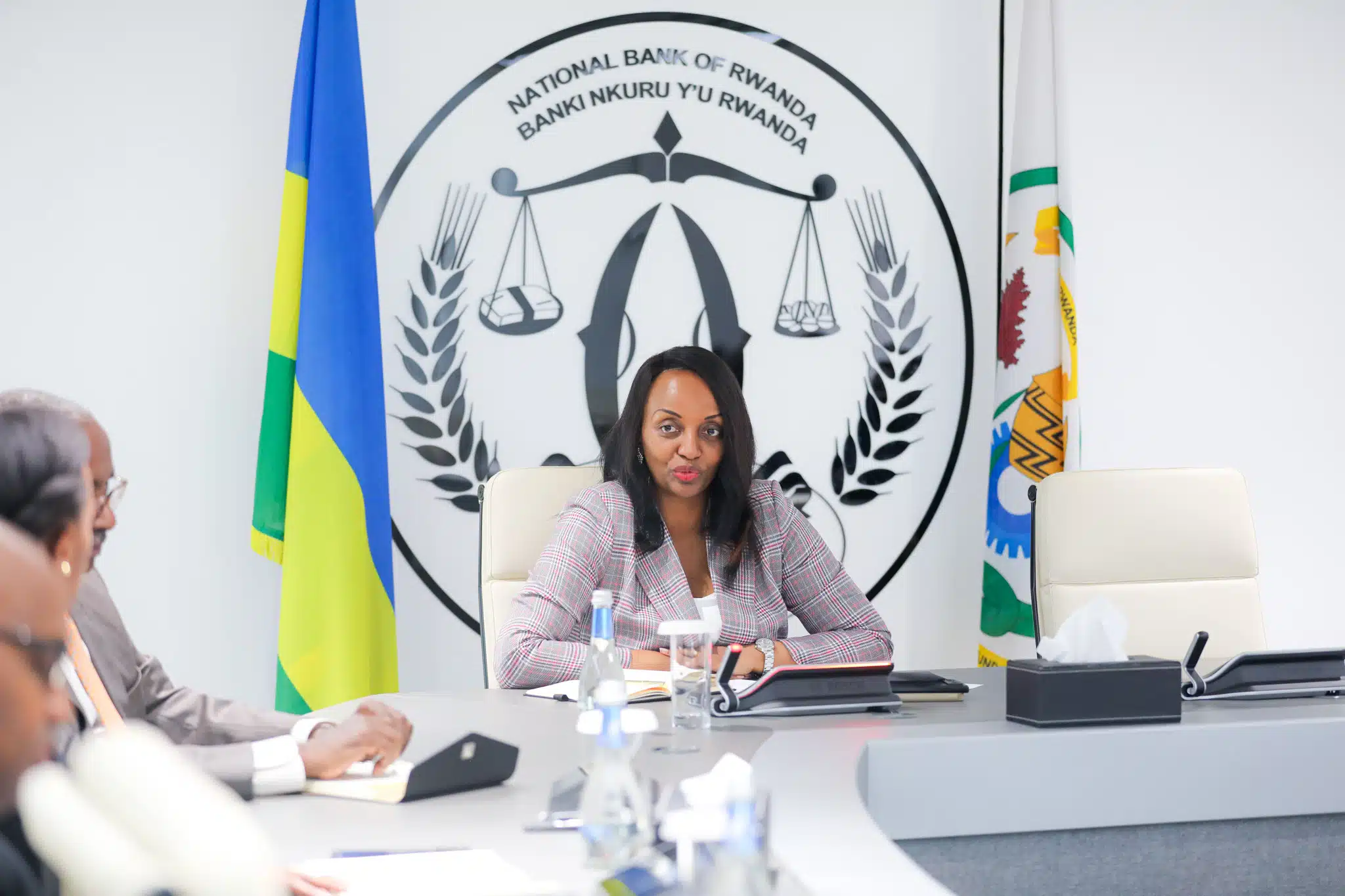Nigeria’s first rate cut since September 2020 has been described as premature by Muhammad Sanusi II, the Emir of Kano and a former governor of the Central Bank of Nigeria (CBN).
Speaking at the 31st Nigerian Economic Summit in Abuja on Tuesday, Sanusi said, “Frankly, to be very transparent, when the MPC reduced MPR, as far as I am concerned, it was premature. We do not need to send that signal now. So let us encourage the CBN to hold the line because it is not the right time for the interest rate to come down.”
He said inflation remains high and must return to single digits before the CBN can safely lower interest rates, emphasising that macroeconomic stability is fundamental to sustainable growth.
“Without stability, we can’t have growth and development. This is the first time in eight years that the economy is growing faster than the population growth, especially at a time when prices are moderating,” he added.
In September, the CBN’s Monetary Policy Committee (MPC) lowered the Monetary Policy Rate (MPR)—the country’s benchmark interest rate—by 50 basis points to 27%, marking its first rate cut in five years.
The unanimous move signalled a shift from one of the most aggressive tightening cycles in the bank’s history and broadly aligned with market expectations.
Before the MPR cut, many businesses—especially in the manufacturing sector—had complained about high borrowing costs that constrained production and working capital.
The Manufacturers Association of Nigeria (MAN), which represents more than 2,500 companies, had called for a rate reduction, arguing that the tight monetary stance had pushed average lending rates above 35% as of January 2025, crippling firms’ borrowing capacity.
MAN said the elevated rates had driven up production costs, weakened capacity utilisation, and left many manufacturers with large inventories of unsold goods.
Alongside the rate cut, the CBN adjusted other key monetary instruments. The Cash Reserve Ratio (CRR) for commercial banks was lowered to 45% from 50%—previously the highest in the world—allowing lenders modest room to expand credit.
However, merchant banks retained their 16% CRR requirement, while government deposits held outside the Treasury Single Account will now attract a punitive 75% CRR to tighten fiscal liquidity.
In addition, the standing facility corridor, which guides overnight borrowing, was adjusted to –250 basis points from +250, aimed at improving interbank operations and strengthening policy transmission. The liquidity ratio was left unchanged at 30%.
The easing cycle comes on the back of moderating inflation and stronger external buffers.
Data from the National Bureau of Statistics (NBS) show that consumer prices eased in seven of the first eight months of 2025, despite a brief uptick in March. In August, inflation slowed at the fastest pace in five months to 20.1%, driven largely by cooling food prices.
Sanusi, however, cautioned against complacency:
“A few years ago, we talked about inflation at 30 to 32 per cent, and nobody was saying anything. At 36 per cent inflation, every price doubles in two years; at 18 per cent, it doubles every four years. Getting inflation under control and managing the fiscal space and fiscal deficit are critical for safeguarding the balance sheet of the poor.”
Nigeria’s Gross Domestic Product (GDP) grew by 4.23% in the second quarter of 2025—its fastest pace in four years—surpassing the 3.4% projection by the International Monetary Fund (IMF).
Africa’s most populous nation has also seen a stronger foreign reserve position than three years ago. External reserves rose to $42.03 billion in September—the highest since 2019.
Similarly, the current account surplus widened to $5.28 billion in Q2 2025, compared with $2.85 billion in the first quarter.
These improvements have fueled a rally in the naira, which traded at around ₦1,472.2/$1 on October 6, 2025—its strongest level in nearly eight months—recovering from ₦1,541/$1 at the start of the month.
Sanusi cautioned policymakers and stakeholders not to undermine the progress achieved through monetary tightening: “I think it will be a very dangerous thing at this time for this summit to send a signal that we should be losing money. Praising the CBN for building up reserves, achieving stability, and bringing inflation down. The way the CBN was able to achieve this was by tightening money and raising interest rates.”










